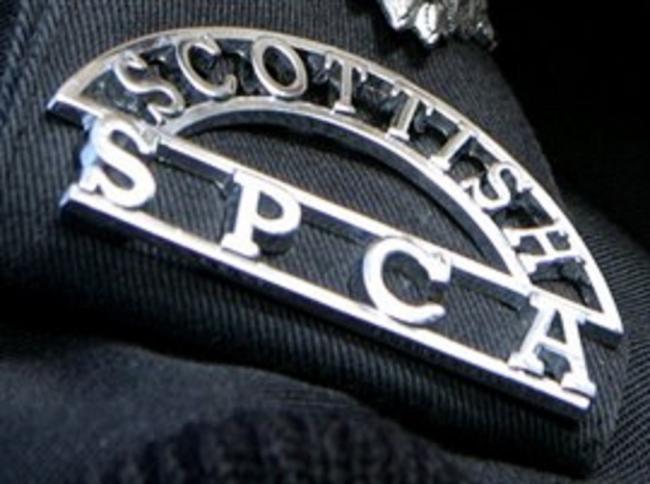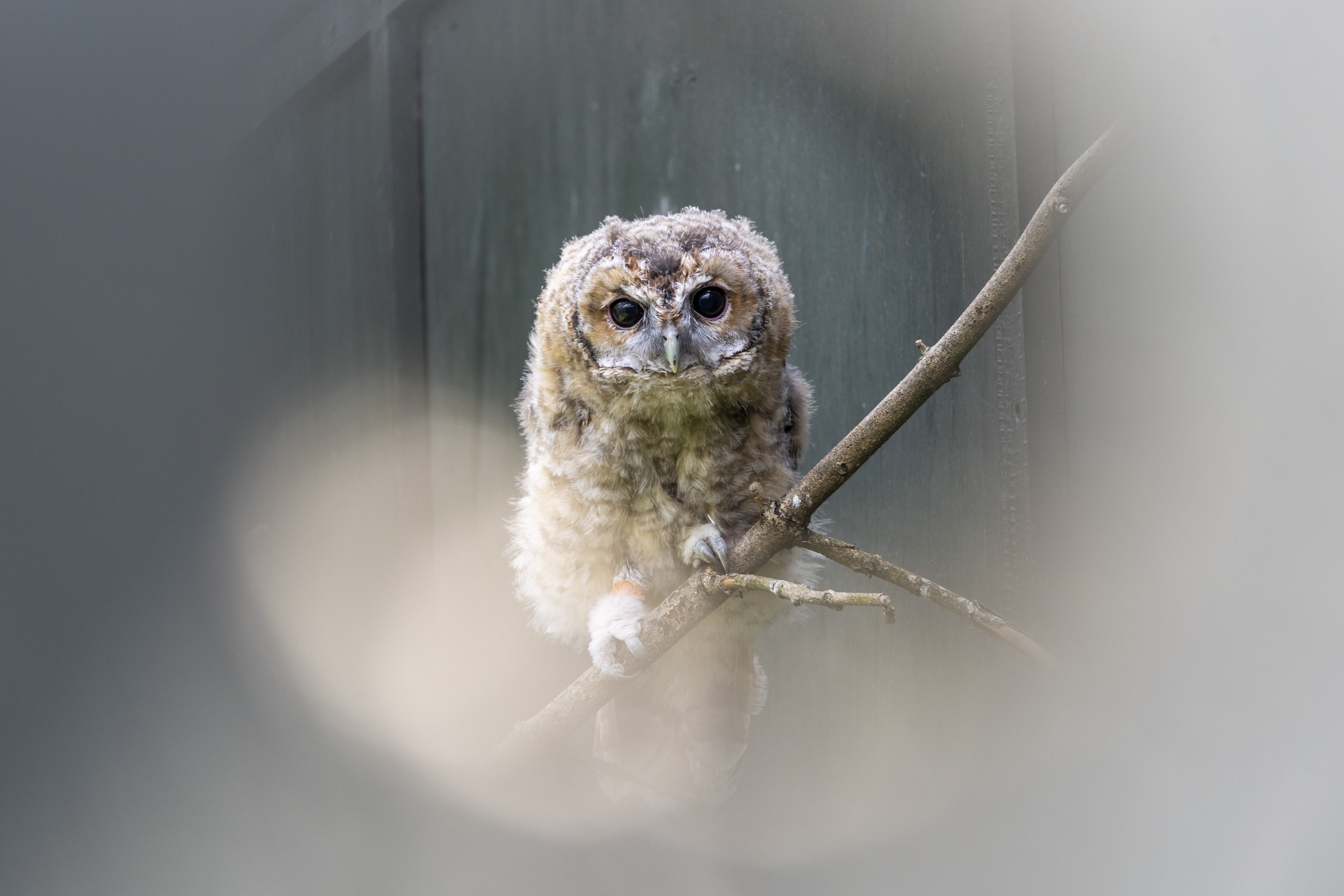One in five people in Scotland have witnessed online animal abuse across social media platforms, new data released today has revealed.
The Animal Kindness Index, a UK-wide survey into people’s attitudes towards animals, produced with the RSPCA, Scottish SPCA, and USPCA, showed that animal cruelty, harm or neglect on Facebook, TikTok, YouTube and other social media platforms continues to proliferate.
20% of adults in Scotland say they have seen animal cruelty online, and 31% of children surveyed in Scotland as part of the research say that sharing animal cruelty online is becoming more common.
Across the UK as a whole, 22% of people have witnessed animal cruelty online, including more than four in ten (43%) 16 and 17 year olds and a third (32%) of Generation Z (18-24 year olds).
Our warning is that young people who have grown up online, risk becoming desensitised to animal cruelty through exposure to this harmful content on social media platforms which could in turn lead to harmful behaviour by them towards animals.
Media regulator Ofcom will soon consult on what social media companies need to do to deal with animal abuse on their platforms under the new Online Safety Act. The Act will require platforms to assess the risk of content that depicts animal suffering, and put in place measures to mitigate and manage the risks it can cause.
However we and our sister charity the RSPCA in England and Wales, are urging social media companies to go further, do more to stamp animal abuse content out on their platforms and give users the confidence to easily call out and report the mistreatment of animals online. In recent years, we have been made aware of young people using social media as a platform to showcase footage such as of a dog being thrown against a wall, viewing footage of dog abuse and dog fighting and inappropriate sharing of animal abuse footage with other children.
Our Animal Guardians programme works with young people who are showing concerning behaviours towards animals and has worked with over 300 children. 72 children took part in the programme in 2023, an increase of over a third from 2022. The programme now works with children as young as three up to 16, through one-to-one support to help them understand animal needs and learn how to interact safely and responsibly with animals they come into contact with.
Our CEO Kirsteen Campbell said:
“We know that millions of families across Scotland give animals a loving home where they are well cared for, but sadly for the generations who have grown up online, it’s too easy to come across disturbing animal cruelty content on social media platforms and it’s more common for younger generations to see this.
“At the Scottish SPCA we want to prevent animal cruelty before it happens. We need to teach young people as they grow up about responsible behaviour with animals and we are calling for animal welfare education to be a mandatory part of the school curriculum for every child.
“It’s also incredibly important that people speak out and report any worries you have about an animal being mistreated, online or offline, so that we can step in before it’s too late. Last year alone we investigated over 17,000 incidences of animal abuse and we will continue to be here for all the animals who need us.”
The Animal Kindness Index survey showed that over half of households in Scotland (52%) have a pet at home, with dogs and cats the most popular choice, and almost a quarter (23%) of pet owners in Scotland share the care of their pets with their children. Our research with the University of Edinburgh shows that attachment to pets has an important role in children’s social, emotional and cognitive development. Encouraging children to participate in pet care may promote attachment between children and their pet, which in turn can have a range of positive outcomes for children including reduced aggression, better wellbeing and quality of life, and better outcomes for animals through humane treatment.
Animal welfare is also one of the top most important causes to people in Scotland, with over a third (33%) saying it was important to them, in line with other causes such as poverty (33%), conservation and the environment (32%) and mental health (37%).
The Animal Kindness Index research also highlighted that the cost of living crisis is continuing to affect pet ownership. 88% of people in Scotland said that the cost of looking after their pet has increased in the past 12 months. We also saw a 25% increase in animals arriving through our doors in 2023, in many cases as owners could simply no longer cope or afford to keep them.






